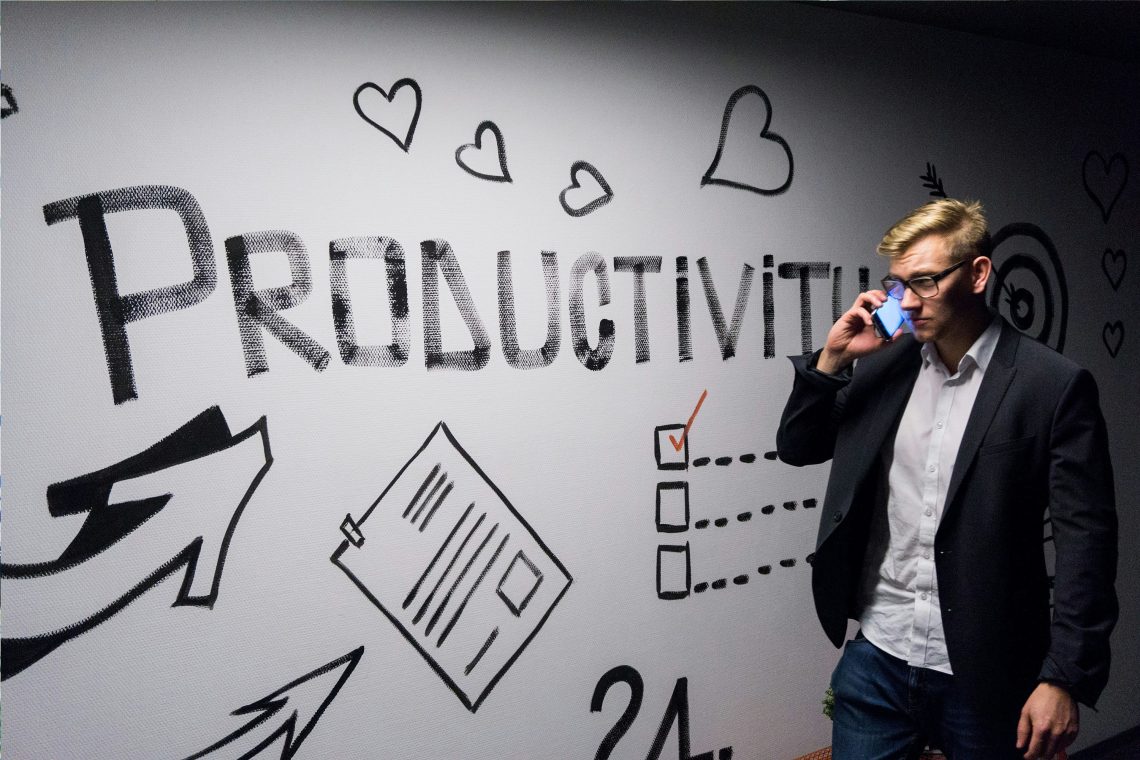Hey there! Have you ever felt like you’re constantly playing catch-up with your to-do list, only to end each day feeling exhausted and unaccomplished? Honestly, it’s something that’s far from ideal, maybe even a bit soul-crushing, right? Well, here’s the thing: if you’re feeling this, then you’re definitely not alone! The modern hustle can be relentless, seriously, just way too relentless.
On top of that, it often feels like there aren’t enough hours in the day. But here’s the thing: It might sound far-fetched, but sometimes, it’s not always about working harder. There’s some cognitive science behind it because overworking means lower brainpower due to sheer exhaustion. So, if you’re working towards better cognitive health, then you’re technically boosting brainpower, which can then lead to remarkable gains in productivity.
Basically, if you focus more on the health of your brain and not overcramming yourself, you’ll have more brain power. So, here’s what you need to know about how this works and how you can get started on this journey to a more productive, satisfying life.
How Are They Connected?
In a nutshell, cognitive health refers to your brain’s ability to think, learn, and remember. It encompasses everything from problem-solving skills to maintaining attention and managing emotions. When your cognitive functions are firing on all cylinders, you’re not only more productive but also happier and more engaged in your activities. You know how mental fog just gets in the way of you doing anything? Well, that’s the best comparison, really.
You Need to Fuel Your Brain
The saying “you are what you eat” holds particularly true when it comes to brain health. Now, everyone knows it’s super prevalent with your body, but yes, your brain, too. Your brain needs the right nutrients to function at its best. So, you might want to eat junk food or something convenient if you’re constantly on the go (or lack time to cook), but technically, you’re harming your productivity in the long run.
So, this piece of advice is given all the time, but it’s true: you’re going to have to incorporate a diet rich in omega-3 fatty acids, antioxidants, vitamins, and minerals, which can do wonders for your cognitive health. Some more generic advice? Well, it’s also true that hydration is equally important. Even mild dehydration can impair your ability to concentrate and process information. So, keep a water bottle handy and make sure you’re sipping throughout the day.
How You Manage Stress Impacts More Than Productivity
Now, everyone knows this, but stress is a productivity killer. Your emotions get in the way, your judgment is clouded, it affects your body, and you’re only human. But you have to understand that chronic stress can lead to cognitive decline and memory problems, making it harder to concentrate and get things done.
Basically, it creates this snowball effect where one bad thing will lead to another and then another. So that’s why it’s so important to start now with learning how to manage stress, which is crucial for maintaining cognitive health and staying productive.
It’s going to be a good idea to just go ahead, and incorporating stress-reducing activities into your daily routine can make a big difference. Now, you can’t just work all the time, and you can’t always tell yourself to be productive, either. Practices like mindfulness meditation, yoga, and deep breathing exercises can work, and therapists will even tell you to try these. The benefits of breathwork, for example, include reduced stress, improved mental clarity, and enhanced emotional regulation.But that’s not all; again, you can’t spend every waking moment trying to be productive. So you’re going to have to spend some time to just relax and unwind.
Relaxing Isn’t Always Equal
It needs to be something relaxing (so stressful and hard video games are not a good option). But some examples that could work (that’s relaxing and good for your cognitive health) would be playing calm puzzle games such as a game of Mahjong, puzzles, reading a book, painting, drawing, overall, just relaxing activities.
Mindfulness meditation, for instance, has been shown to increase gray matter in the brain, which is associated with improved memory and learning. It also helps you stay focused and calm, making it easier to tackle tasks without feeling overwhelmed.
Mental Exercises are Key
So, this technically ties into what was being said right above. It helps to have hobbies or relaxation techniques that are good for your brain- for example, you don’t want to scroll on your phone for an hour as this isn’t good for your cognitive health (and usually mental health too). So, with that said, it’s best to engage in activities that boost the brain. Just as physical exercise strengthens your body, mental exercises keep your brain in top shape.
Ideally, it’s best to start engaging in activities that challenge your mind and can enhance cognitive function and improve your productivity. Puzzles, brain games, learning new skills, or even picking up a new hobby can stimulate your brain and keep it sharp.
The Power of Physical Exercise
So, it’s not just about mental exercises for cognitive health; physical exercises are pretty important, too. So, how does this actually help? Well, exercise increases blood flow to the brain, bringing more oxygen and nutrients that help it perform better. Activities like walking, jogging, swimming, or even dancing can enhance brain function.
Plus, in a way, exercise stimulates the production of neurotrophic factors, chemicals that support neuron growth and survival. You’ve heard about it releasing endorphins, so it does tie into that. So you’ll get mental clarity, but of course, this does mean that you need to have a regular schedule for exercising.
It All Starts with You
Now, it’s so important to understand that improving your cognitive health is a journey, not a destination. It’s going to take a lot of time. Just like it takes time to improve your physical or mental health, it’s basically the same for your cognitive health, too. So, just by incorporating these habits into your daily life, you’ll not only boost your brainpower but also enhance your overall well-being. Remember, small, consistent changes can lead to significant improvements in productivity over time.
Read more lifestyle articles at ClichéMag.com
Images provided by Deposit Photos, BingAI, Adobe Stock, Unsplash, Pexels, Pixabay & Creative Commons





